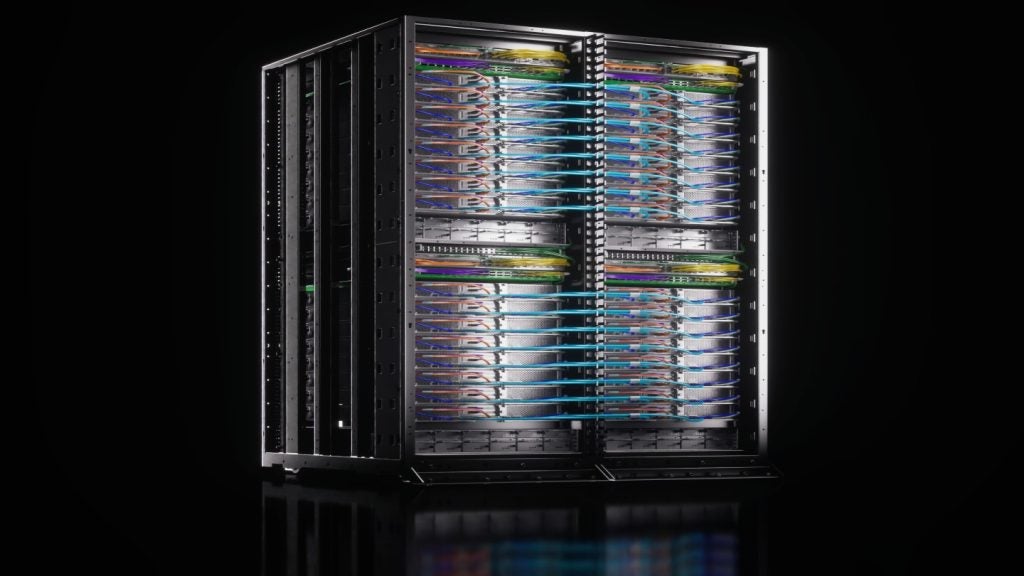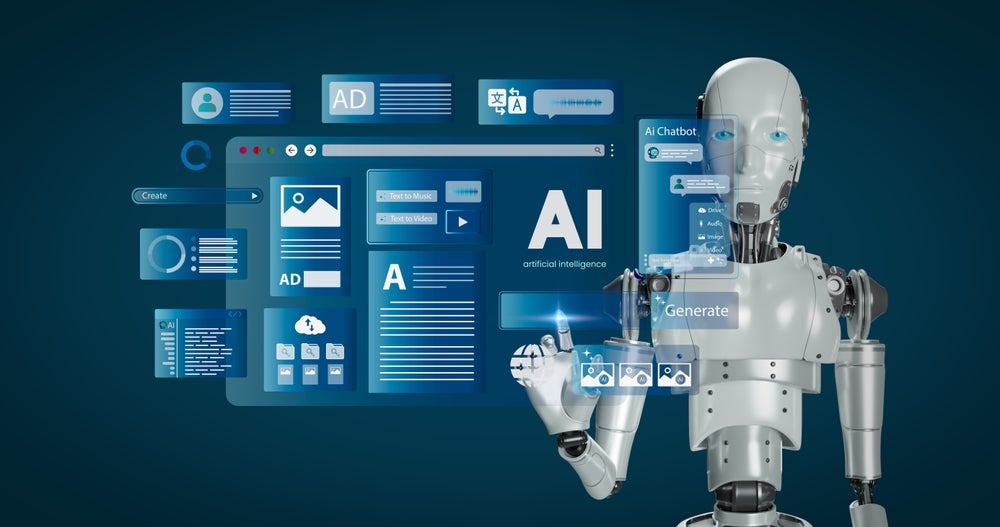
Edge computing is set to soar over the next ten years, according to research from global data centre service provider Telehouse.
Edge computing is a type of computing where data is processed and stored where it is needed or generated, such as an internet of things (IoT) device, rather than in the cloud. This results in reduced latency and lower bandwidth use.
The rise of cloud computing as a result of the Covid-19 pandemic and the shift to remote working has been well-documented, but edge computing is also on the rise.
According to Telehouse’s ‘Vision 2030’ research, 89% of the 230 UK IT decision-makers surveyed believe that edge computing will be important to their business over the next ten years. However, just 26% of organisations are currently deploying edge computing.
Commenting on the findings, Mark Pestridge, senior customer experience director at Telehouse said:
“It’s not surprising that appetite for edge computing is growing. It’s now more important than ever for businesses to store, access and analyse and access exponential levels of data at record speeds, and technologies like edge and cloud will be critical in enabling this. Ultimately, the key to success for organisations will be building the right infrastructure foundations and connectivity, so choosing the right partner will be critical.”
How well do you really know your competitors?
Access the most comprehensive Company Profiles on the market, powered by GlobalData. Save hours of research. Gain competitive edge.

Thank you!
Your download email will arrive shortly
Not ready to buy yet? Download a free sample
We are confident about the unique quality of our Company Profiles. However, we want you to make the most beneficial decision for your business, so we offer a free sample that you can download by submitting the below form
By GlobalDataCloud computing is also set to increase significantly over the next decade, as three-quarters of organisations expect the volume of data they manage to at least double over the next 10 years.
Covid-19 has also had a big impact on infrastructure strategy with 91% planning to make changes to their IT infrastructure following the pandemic and one in four say they will increase bandwidth and connectivity as a result.
Organisations expect to face infrastructure challenges in 2030, including maintaining security and compliance, reducing the environmental impact of IT infrastructure and selecting cost-effective cloud solutions.
Sue Daley, associate director of technology & innovation at techUK said:
“As organisations begin to rebuild, recover and reinvent themselves, current digital and more transformative technologies, such as cloud, edge and AI, are going to be key enablers for what comes next.
“The research indicates it is not the adoption of one single technology that will hold the key: the convergence of several innovative technologies will become increasingly important to businesses as they look for innovative and greener ways of working and doing business. The ability of organisations to scale up their adoption and use of these technologies is what will help to drive organisations forward.”
Read More: Microsoft Q2 earnings boosted by cloud and gaming products.







